“Thoroughly conscious ignorance is the prelude to every real advance in science.”
Have you ever met someone that always seems to have an answer for something? A know-it-all. They feel compelled to answer every question thrown their way like they are playing Jeopardy!—except in this game, points aren’t deducted for answering incorrectly so there are zero risks for guessing. You’re probably wondering why I keep talking about myself but that’s neither here nor there.
One of the most effective things I’ve learned throughout my career is how to answer a question when you don’t know the answer.
Simply, how to say: “I don’t know.”
“We are discouraged from saying “I don’t know” or “I’m not sure”. We regard those expressions as vague, unhelpful, and even evasive. But getting comfortable with “I’m not sure” is a vital step to being a better decision-maker. We have to make peace with not knowing. ”
Most of us were taught in school to memorize facts and repeat answers in a monotonic fashion. If we ever responded to a question with “I don’t know” we were docked points. You either knew the answer or you didn’t. Everything was black or white, 1 or 16, Andrew Jackson or Andrew Johnson. Answers were rarely ambiguous—until you encountered a math problem like this and watched people absolutely lose their minds:
8 ÷ 2(2 + 2) = ?
(Please post your answer to this equation in the comments below.)
The Process:
When I studied engineering in college, I discovered that there were multiple ways to skin the proverbial cat. I thought I was spending tens of thousands of dollars to learn about math and science. But in reality, I was spending money to develop critical thinking skills—all in preparation to encounter real-life problems that weren’t always defined by theory or reason.
In one of my most difficult classes, we would have three exams per semester. Nine other classmates and I went into a small, secluded room at 6 p.m. to begin each exam. We were allowed to bring in any books or reference materials that we wanted. Still, it didn’t matter which or how many reference materials we brought to the exam because the teacher made up the problems—there were no absolute answers. The teacher would give us three problems that were one or two sentences long along with a stack of blank printer paper to write down our answers.
“What makes a decision great is not that it has a great outcome. A great decision is the result of a good process, and a process must include an attempt to accurately represent our state of knowledge. That state of knowledge, in turn, is some variation of “I’m not sure.””
Our answers (grades) were dependent on the path we took to arrive at our proposed solution. If we forgot one step in a twenty step solution the teacher would only dock us a few points and explain his reasoning. In theory, all ten of us could have arrived at the same answer by taking ten different paths.
There was never a time limit on an exam. Our teacher didn’t care how fast we solved the problems. He would stay there all night if he had to. The longest I ever stayed for an exam was around four hours—weird flex but I refused to give up unless it was getting late on Thirsty Thursday.
The point of this story is that I could have written down “I don’t know” on my exam and walked out after 15 minutes. Obviously, I would have failed and thrown a lot of money down the drain in the process. Interestingly enough, I was still saying “I don’t know” to myself during all of the tests. However, the difference was that I was writing out 5-10 pages worth of calculations to show what I presumed to be the answer—even though I still didn’t know.
The real world:
The great thing about saying “I don’t know” when asked a question in the real world is that it gives you the chance to research the subject and learn something new—to take apart something with virgin eyes and ears and conscious ignorance.
It’s in our DNA to want to appear intelligent and display confidence in front of our friends, coworkers, family, or even strangers. However, sometimes we end up looking like the fool when we try to answer a question that we are clueless about.
It’s a learned skill, but it’s possible to pick up on verbal cues to determine when someone is blowing smoke or ad-libbing an answer without exuding confidence. Working daily in a rigorous mental setting where tough questions are regularly asked will invite these types of responses. Sometimes it’s viewed as a positive step to make decisions and move forward instead of being stuck in paralysis by analysis. Unfortunately, making decisions under haste will more likely than not invite errors into the equation.
It’s easier to gain more respect for someone who speaks honestly and is humble enough to admit that they don’t know the answer in the face of a tough or sometimes even simple question.
It’s not just saying “I don’t know” and then moving on to the next conversation. It’s saying “I don’t know the answer to your question but let me do some research and follow back up with you.”
Next time you don’t know the answer, see if you can will yourself to tell the other person “I don’t know.”
The pursuit of ignorance will help you grow.
This is post #54. You can follow me on Twitter or Instagram or sign up for my free newsletter here. Also please check out my Amazon page for a full reading list.










How a 39-year-old made nearly $13M on Tesla and refuses to sell his position.